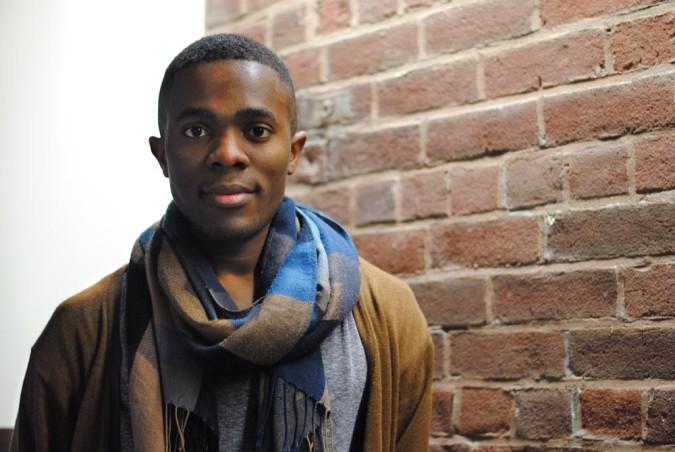By Hayden Kenez
The current students’ union, led by President Rodney Diverlus, won a decisive victory last February in the Ryerson Students’ Union (RSU) elections, enjoying a sweeping win over a virtually non-existent opponent.
They also inherited a clear but extensive mandate to rejuvenate student life on campus. Promises made by Students United during their campaign included working towards lowering tuition costs, improving the quality of food on campus, extending the closure of Gould Street east to Church Street and increasing transit discounts for commuting students.
However, the students’ union has struggled to implement some of their more lofty ambitions. They promised a more affordable, accessible post-secondary education system, reforming the seriously flawed work study program that Diverlus says discriminates against the “poorest of the poor.” Another issue was garnering financial support from provincial politicians who were happy to make promises for post-secondary contributions during the 2011 provincial elections, but have been reluctant to implement any significant reductions to student expenses.
“Our ultimate goal is seeing a fully funded, fully-accessible system… where how much money you make doesn’t dictate your education. That’s the goal,” Diverlus said. “But I acknowledge at the end of the day, I won’t be able to do that [in the near future].”
Melissa Palermo, vice president education, agrees that the financial situation of post-secondary education has gone effectively unchanged in past years.
Despite lobbying provincial politicians, organizing student protests and encouraging the Ryerson Board of Governors, which makes financial decisions for the school, to make decisions that better reflect the needs of students, tuition fees have continued to rise and politicians still refuse to make any definitive commitments to more affordable education.
Palermo recently travelled to Ottawa as a delegate of Ryerson’s Student Action Committee, at which she introduced to MPs a National Post Secondary Education Act. The act comprised of eight points that offered suggestions for problems such as “… student debt, increasing funding for aboriginal students through the postsecondary student support program, more funding for graduate students and addressing issues faced by international students.”
As for the success of such missions, Palermo says that it hasn’t produced any tangible results. However, she considers the exposure crucial for any permanent change.
“We definitely shared knowledge with them that many of them haven’t necessarily heard and I think that that’s really important,” says Palermo.
As for work-study reform, the stringent requirements and allegedly discriminatory policies may remain unchanged indefinitely. Diverlus has lobbied to end the OSAP requisite for work-study eligibility, saying that accessing OSAP isn’t indicative of a student’s financial situation.
“It’s very hard to assess students’ needs based solely on one assessment that doesn’t take into account a lot of different factors,” says Diverlus. “Everyone knows there’s a problem.”
Diverlus says that senior administration has committed to making reforms to work study eligibility, but doesn’t know when or how it will be executed.
The development of a studentowned, student-operated restaurant within the new Student Learning Centre currently under construction at the corner of Yonge and Gould streets remains a priority.
If approved, the new facility would operate much like Oakham House Café; offering students sustainably sourced, locally grown food and drinks. Diverlus submitted the application last year and is still awaiting approval. He expects plans to be finalized by the end of this year, as construction will soon require a finalized plan from the school.
“It’s very ambitious,” says Diverlus. “We’re capitalizing on the fact that there’s a lot of dissatisfaction with food quality on campus.”










Ebrahim Poulad
We condemn the RSU execs subjective representation of Grads. We have elected representatives (Graduate Executive Committee) who can talk about grads only! Where is the anti-oppression principles of RSU? They (RSU execs) are a burden on students. Guelph university pays $90, we pay $120 to RSU; and they are separated from undergrad, we are suffering from undergrad students sitting in our decision-making committees and having voting merits in our grads issues!